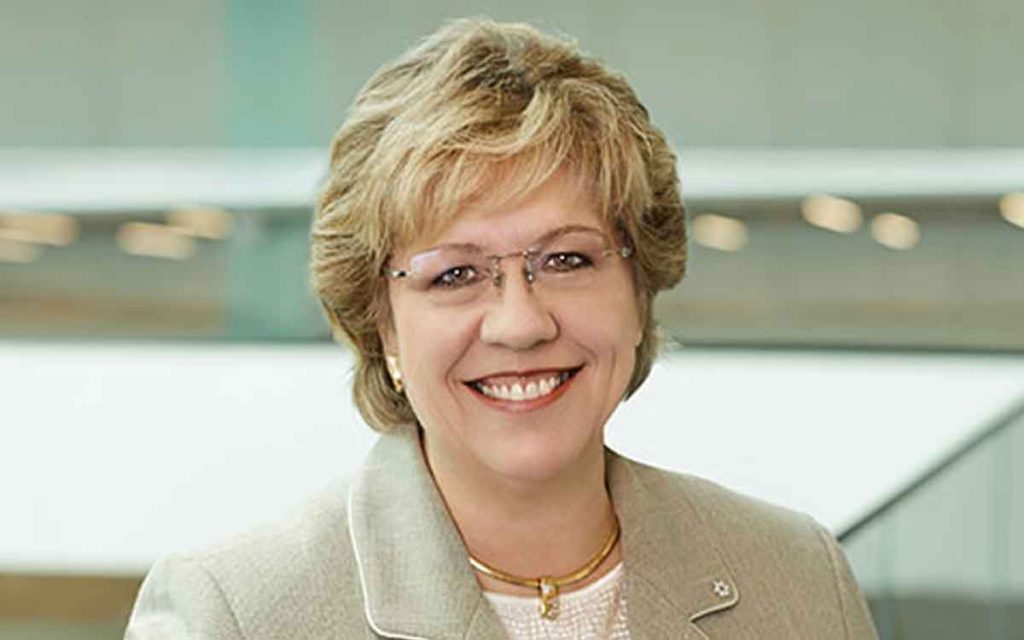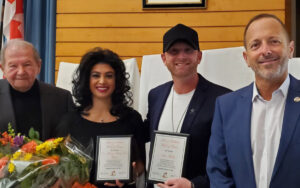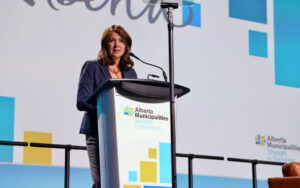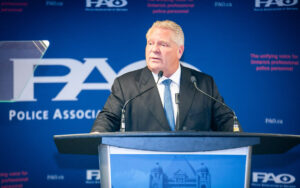
Former provincial cabinet minister Janet Ecker is a regular columnist for The Niagara Independent.
After 100 days of life with the COVID-19 pandemic, what have we learned?
We have seen both the best and the worst of our governments. Ottawa and Ontario moved bureaucratic inertia aside to quickly help people cope. But we were also hit by rules that didn’t make sense and red tape that got in the way; all reminders that it is not the size of government that counts, but its competence.
We also learned that public health departments need major reform if we expect them to be up to the task of protecting us when the next wave of this pandemic, or the next new one hits. And there will be a next one.
Clearly lessons of the past were not heeded. Too many “evidence-based” decisions were reversed within days. There was too much obsessing about political correctness in the early days instead of confronting the reality of what was coming at us like a freight train. And when the Toronto Star can produce more accurate and fulsome data on infection rates than the government can, you know significant reform is needed.
We also learned how inequitable our society can be. Front line grocery clerks and long-haul truckers became literal life-lines for the rest of us, despite their place in the economic pecking order. Workers in the retail and service sectors were seriously hit while many white-collar employees simply carried on at home. Many small businesses saw a lifetime of blood, sweat and savings disappear while others carried on with little negative impact. The carnage of the forced economic shutdown hit women and certain ethnic communities more seriously than others.
Such results can only serve to deepen social divides if all our political parties do not respond quickly, carefully and well.
But we also learned how badly we take care of our seniors. While many long-term care homes do a relatively good job and many jurisdictions suffered serious losses among their elderly, Ontarians will not soon forget the poignant pictures of seniors stuck inside literal death traps, nor the graphic descriptions of outrageously poor conditions in too many homes.
With a public inquiry on the horizon, the issue will linger long into the provincial election season. The success of Premier Doug Ford’s government, or the lack thereof, will depend very much on whether he can fix the mess.
Another success factor will be which Premier shows up to campaign. We learned that the combative and partisan Ford can also be a collaborative, empathetic and decisive leader motivated more by what’s in the best interests of his province than scoring political points. If the “new” Ford continues, an election victory two years hence is a strong possibility.
We also learned without doubt, that teacher union leaders do not care about students’ interests. As government scrambled to develop on-line resources so students might keep up with their studies, union leaders actively discouraged their members from participating. After all, if on-line education actually worked, it might show their fight to prevent such things had more to do with protecting teachers’ jobs than helping students learn.
But the pandemic also showed us the best in our communities. Despite our fears, neighbours still reached out to neighbours. We “socially-distanced” at great personal cost. Volunteers delivered food to front-line health care workers. Businesses donated resources, personal protective gear and used their manufacturing capacity to produce more of what we needed to stay safe.
Finally, we were sharply reminded how important the “smaller” things in life really are – the warm hug of a dear friend or grandparent; the water cooler chatter with workmates; spontaneously heading to the nearest pub for a cold beer with friends on a sunny afternoon; a grocery store with ample toilet paper, flour or sanitizing wipes; even the joy of a neatly trimmed head of hair.
Life will return to a “new” normal as we learn to live with this virus. But if COVID has taught us to learn from our mistakes; if we have learned how to value and protect the really important things; if we have the courage to change what we need to and fix what is broken, then perhaps some good can come from the pain of so many.

Janet Ecker is a former Ontario Finance Minister, Minister of Education, Minister of Community and Social Services and Government House Leader in the governments of Premier Mike Harris and Premier Ernie Eves. After her political career, she served as the founding CEO of the Toronto Financial Services Alliance, a public-private partnership dedicated to building Toronto region into an international financial centre. She currently sits on a number of corporate and non-profit boards, agencies and advisory committees.
Ms. Ecker received the Order of Canada for her public service contributions and was recognized as one of the “Most Influential People in the World’s Financial Centres” by Financial Centres International. She also received a “Canada’s Most Powerful Women: Top 100 Award” from the Women’s Executive Network and the Richard Ivey School of Business, among other awards. She is also one of the founders of Equal Voice, a national, multi-partisan organization working to elect more women.




















